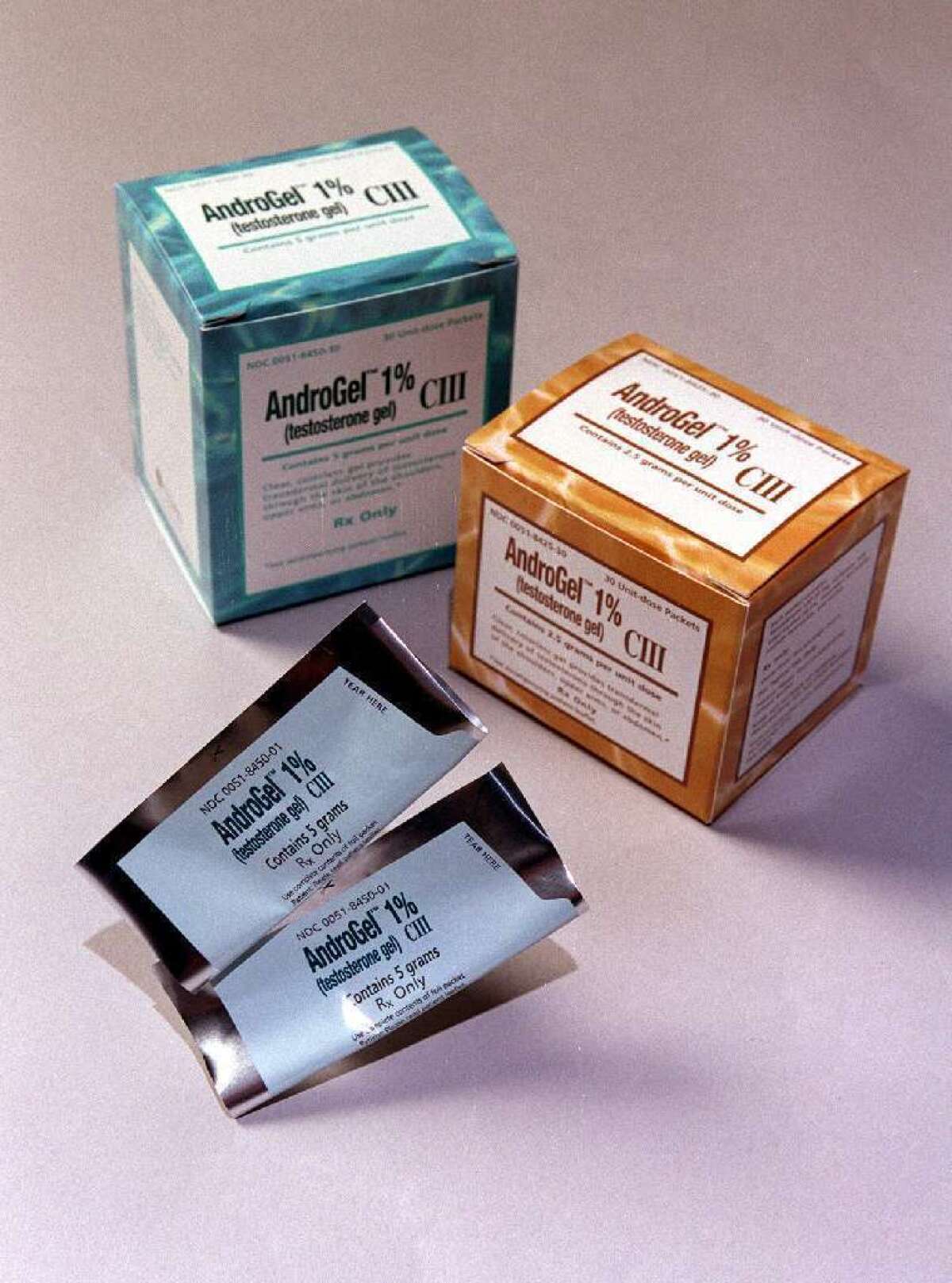Testosterone prescriptions linked to heart attack

- Share via
Men over 65, as well as younger men with diagnosed heart disease, were at least twice as likely to have non-fatal heart attacks in the 90 days after they were prescribed testosterone medication than were men of the same age and health status who did not get the hormone supplement, a study has found.
For men under 65 with no diagnosis of cardiovascular disease, testosterone supplementation did not appear to raise heart attack risk, the study suggests. But among men older than 65, many of whom may have had undiagnosed risk factors, rates of non-fatal heart attack rose as much as threefold in the 90 days after they filled a prescription for testosterone medication.
The research marks the third time in four years that a well-conducted study has detected signs that testosterone supplementation may carry substantial risks for many men. It appeared Wednesday in the journal PLoS One and was authored by a team from the National Cancer Institute; Los Angeles-based Consolidated Research Inc., which develops statistical methods and software; and UCLA’s Fielding School of Public Health.
In 2010 and in November of last year, studies appearing in the New England Journal of Medicine and in the Journal of the American Medical Assn. found evidence that men taking testosterone, especially those who were frail, elderly or had cardiovascular disease, were more likely than those who did not take the hormone to suffer a range of cardiovascular “events” -- from heart attack to emergency artery-clearing procedures -- soon after they began taking the supplement.
Those red flags have mounted against a backdrop of explosive growth in prescriptions for testosterone patches, topical gels and creams, now used by some 2.9% of U.S. men over 40. From 2000 to 2011, such prescriptions increased fivefold, driven by aggressive advertising campaigns urging men with flagging energy, sagging muscle tone and low libido to seek treatment for “low T.”
Today, American men are thought to spend 1.6 billion annually on prescription testosterone supplements, and growth in the market is fastest among younger men.
Tapping a medical-records database of 55,593 men who received prescriptions for testosterone from 2006 to 2010, the current research compared the subjects to themselves before and after receiving their first testosterone prescription.
And they compared the men who got prescriptions for testosterone to a similar group of men who got a first prescription for an erectile dysfunction medication. Men in both of those two groups tend to be of similar age, have similar health problems, and complain of similar symptoms, and so are comparable. But since erectile dysfunction drugs do not affect hormone balance and work in different ways than do testosterone supplements, the researchers who observed differences in the two groups’ heart attack rates would point to a drug effect, not just a correlation between those taking a drug and a negative outcome.
By both measures, older men on testosterone, and younger ones with established heart disease, were significantly more likely to suffer a heart attack shortly after starting a testosterone prescription.
The authors said that large clinical trials should be conducted to clarify which men might incur risks from testosterone supplementation that outweighed its benefits. Until those are conducted and the results are in, they wrote, physicians counseling men who seek testosterone supplements “might be well advised to include serious cardiovascular events in their discussion with patients of potential risks, particularly for men with existing cardiovascular disease.”




